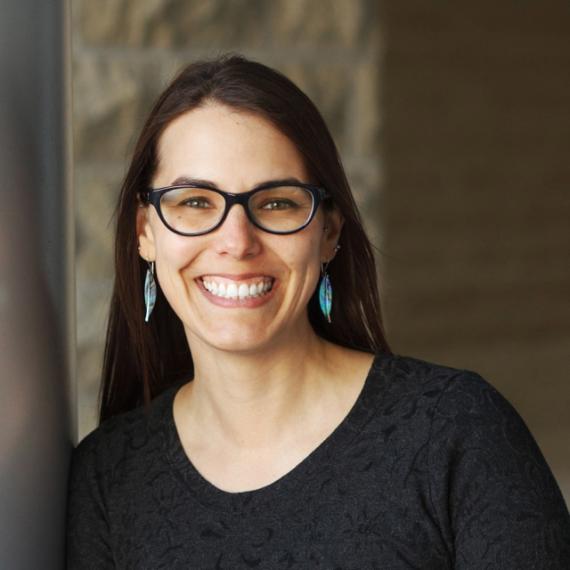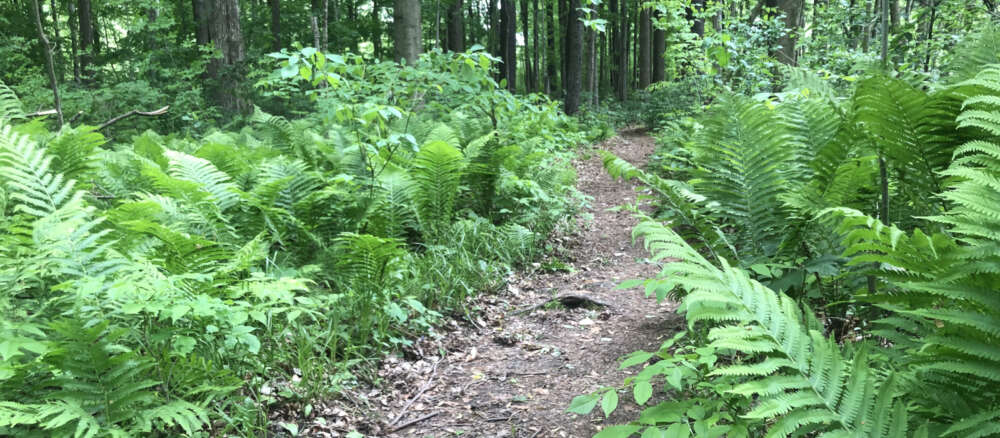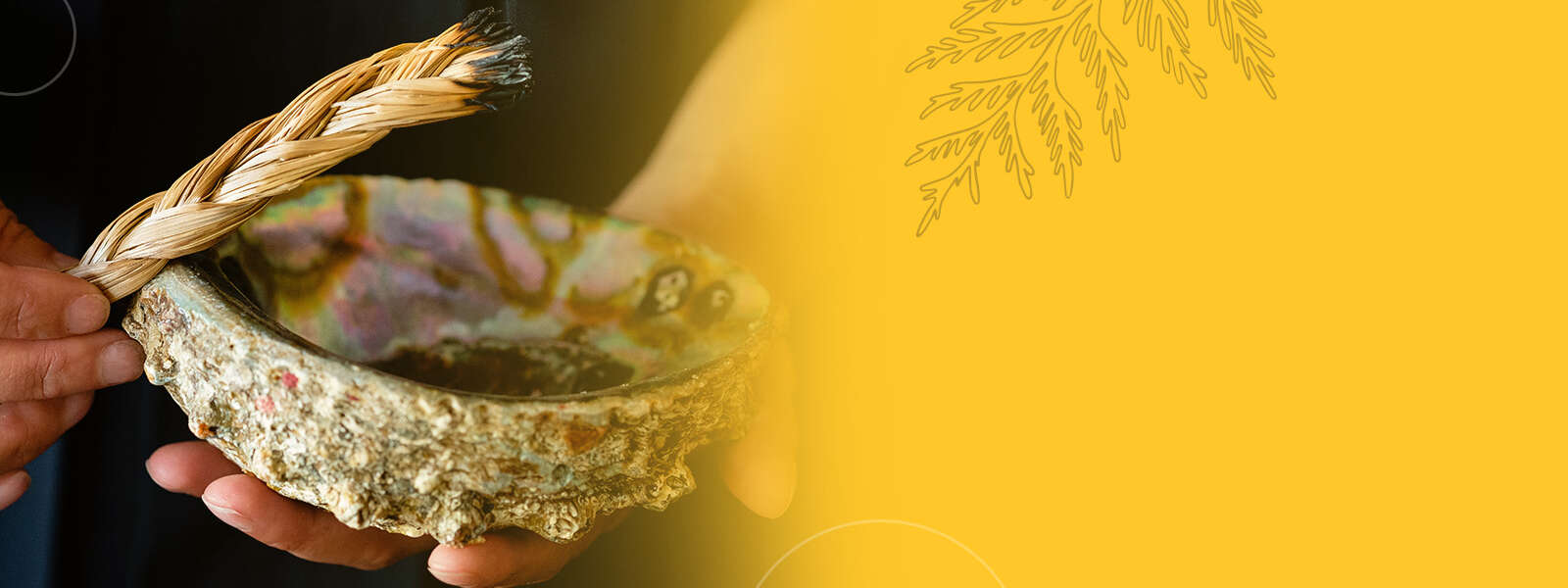
During the month of June, U of G observes National Indigenous History Month, as we recognize and celebrate First Nations, Inuit and Métis peoples and cultures. As we celebrate, it is also important to act, making good on commitments to reconciliation and working toward a better future.
“National Indigenous History Month reminds us to learn about the diverse and rich cultures of First Nations, Inuit and Métis peoples, to honour the significant contributions of Indigenous peoples across history, and to recognize that despite enduring the ongoing effects of colonization, we have great strength and resurgence,” says Dr. Cara Wehkamp, assistant vice-president (Indigenous Initiatives).
U of G has committed to addressing the discrimination and systemic inequity First Nations, Inuit and Métis peoples and communities face in education and research, says Wehkamp. “These goals require dedication and action from all aspects of the campus community. Only then will we make progress towards reconciliation and decolonization on campus and within society.”
Reconciliation: “Establishing and maintaining a mutually respectful relationship between Aboriginal and non-Aboriginal peoples in this country. In order for that to happen, there has to be awareness of the past, an acknowledgement of the harm that has been inflicted, atonement for the causes, and action to change behaviour.” [1]
Ways you can engage in reconciliation with Indigenous peoples and lands
Understand our treaty responsibilities as Canadians and the need to respond to the Calls to Action and Calls for Justice to help build new mutually beneficial relationships with First Nations, Inuit and Métis communities for a positive future.
- Learn why land acknowledgements matter and how to create your own. Watch the short Land Acknowledgements and Why They Matter video and use what you learned to create your own personal land acknowledgement. Take part in the Acknowledging Indigenous Lands training for additional support.
- Read works by Indigenous authors. The McLaughlin Library has created an online collection – Journeying Together – that consists of novels, children’s literature, research and scholarly texts and memoirs. The collection highlights themes of resistance, resurgence and reconciliation to expand our understanding and explore how we might enact reconciliation.
- Support scholarships and programs for Indigenous students and Indigenous issues at U of G. Consider giving to the Indigenous Student Engagement Scholarship, Nokom’s House, Indigenous Peoples Programs, or OVC Indigenous Community Partnerships Rotation.

- Walk the Mtigwaaki trail in the Arboretum to engage with the land and Anishinaabeg learning. “Mtigwaaki: Among the Trees” opens June 11 and is an interpretive walk in the form of a story. Interpretive signs along the trail ask thought-provoking and universal questions about our interactions with nature.
- Learn how researchers at U of G are applying an Indigenous lens to their work. Watch the U of G News page for stories throughout the month that highlight the work of researchers at U of G who collaborate with First Nations, Inuit and Métis communities to incorporate Indigenous worldviews across disciplines.
- Visit the ᖃᐅᑕᒫᑦ | Qautamaat and ᑲᔪHᐃᐅᑎHᐃᒪᔭᑦᑲ | Kajuhiutihimajatka exhibitions at the Art Gallery of Guelph for perspective into Inuit worldviews.
- Consider how you could contribute to advancing the recommendations of Bi-Naagwad, the Indigenous Initiatives Strategy. Bi-Naagwad guides the advancement of reconciliation and decolonization efforts at the University of Guelph. The strategy summarizes 150 recommendations on the indigenization of the University’s services, policies, practices and campus environment.
- Learn more about residential schools through a virtual tour of the Mohawk Institute residential school. This former residential school is the closest geographically to the Guelph campus and offers online tours on the third Wednesday of every month.
- Share what you learned with others. As a personal act of reconciliation and allyship, encourage your friends and colleagues to learn more about Indigenous peoples and lands and to make their own acts of reconciliation.
Learn more about Indigenous Initiatives at U of G and resources available through the Indigenous Student Centre.
[1] Honouring the Truth, Reconciling for the Future Summary of the Final Report of the Truth and Reconciliation Commission of Canada, The Truth and Reconciliation Commission of Canada, 2015, p. 13
